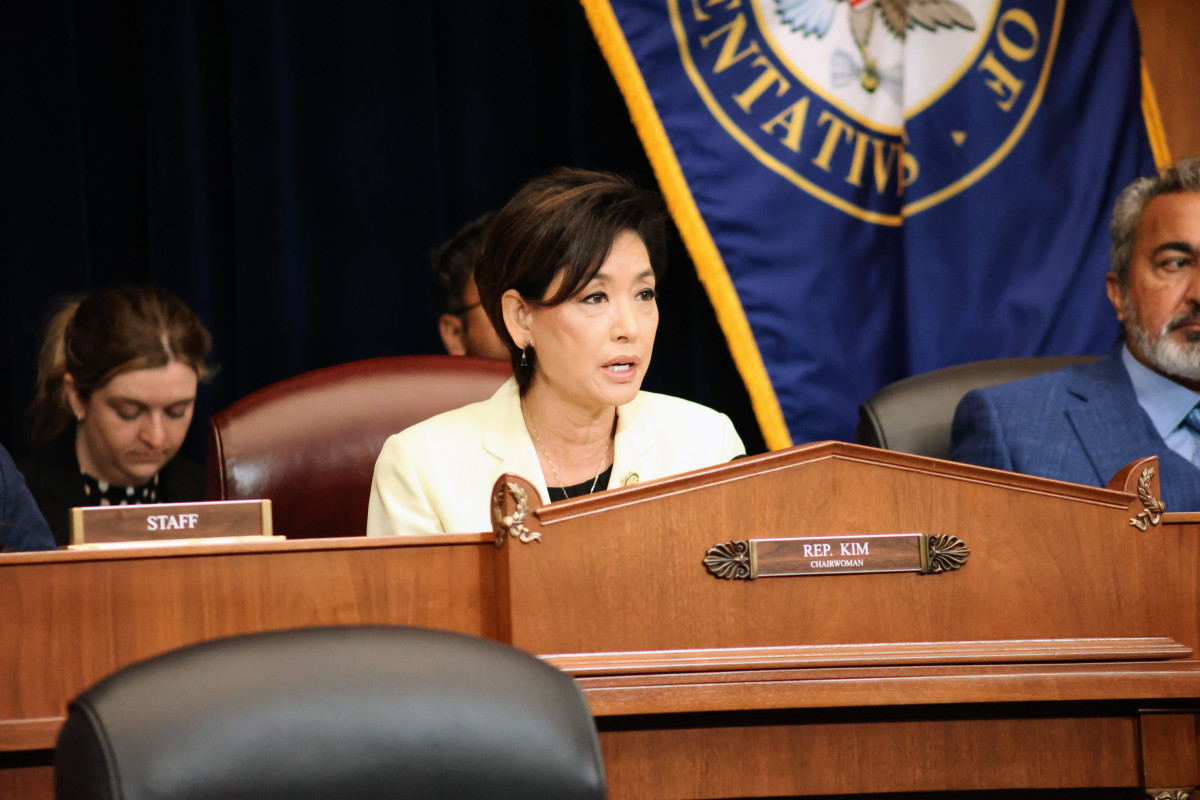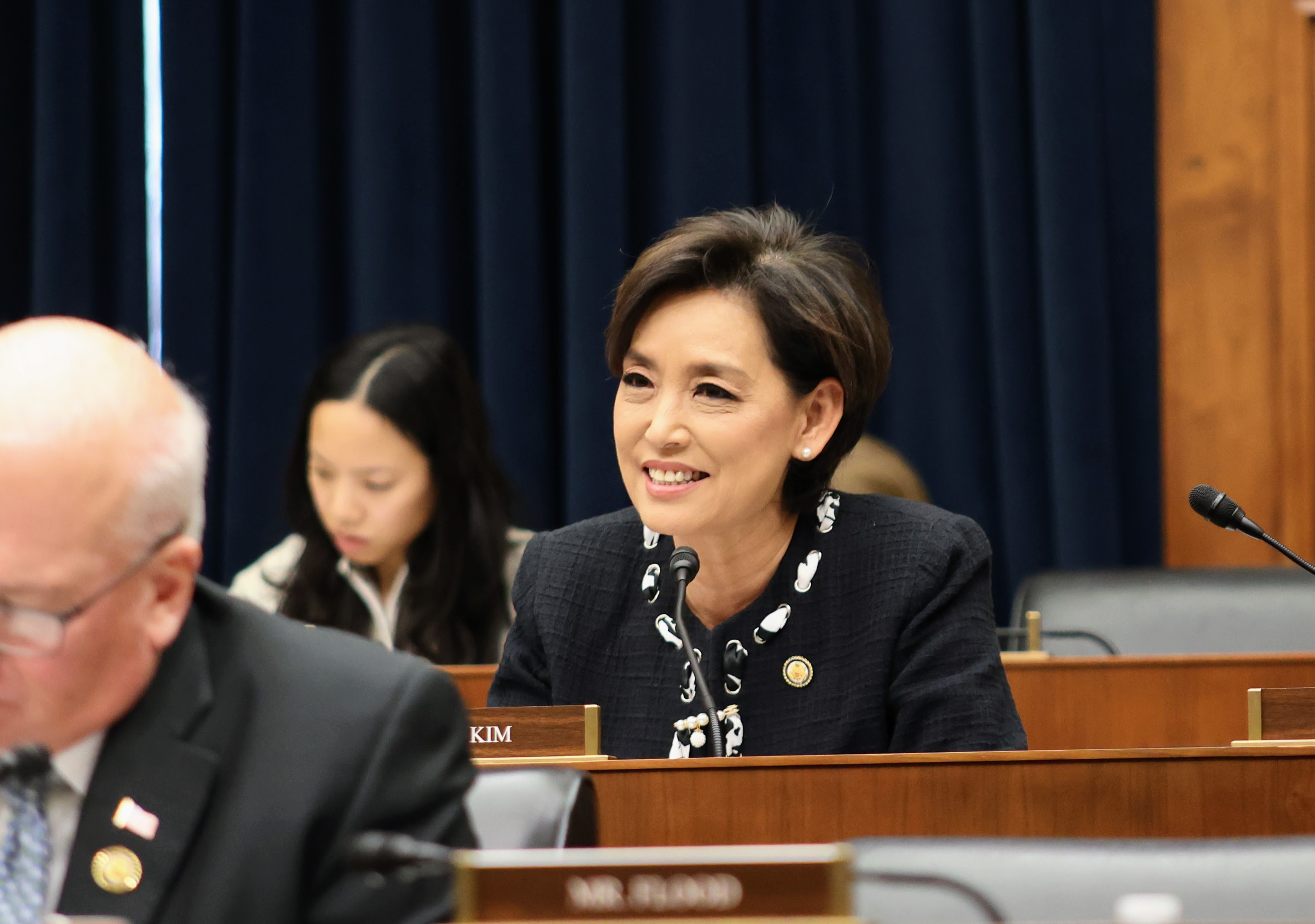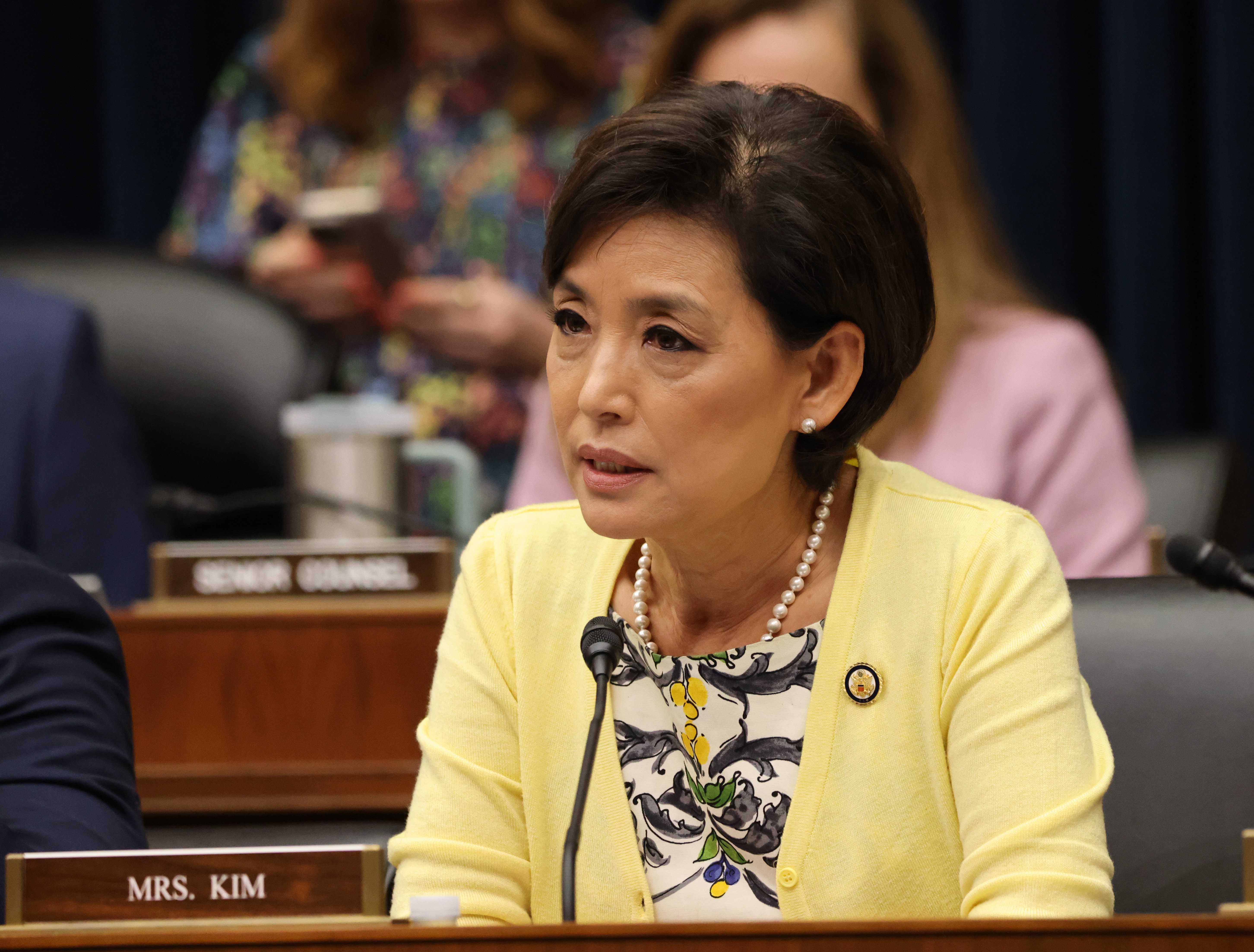Washington, DC – Today, U.S. Representative Young Kim (CA-40), chairwoman of the House Foreign Affairs East Asia and Pacific Subcommittee, delivered an opening statement at today’s hearing titled, “National Economic Security: Advancing U.S. Interests Abroad.”
Watch her remarks HERE or read her opening statement below.
Good morning and welcome to the East Asia and Pacific Subcommittee’s hearing on “National Economic Security: Advancing U.S. Interests Abroad.”
In 2019, Ambassador William Burns, one of our most decorated diplomats and the former CIA Director, described the Department of State as “adrift.”
Over the years, the Department has had trouble finding its purpose as functions and authorities have been stripped away or absorbed by the National Security Council, Department of Defense, and even agencies traditionally focused on domestic issues.
For more than 170 years, economic statecraft was led by the Department of State. This changed in 1961 when President Kennedy sought to expand the administrative state, pulling functions and authorities out of the Department to create new agencies and organizations, including the United States Trade Representative which would be responsible for conducting all U.S. trade and investment diplomacy.
The justification for pulling these trade and investment functions out of the Department was to improve the Government’s capacity to prioritize and support U.S. businesses, strengthen the export performance of U.S. industry, and assure fair international trade practices.
However, it has effectively split our economic interests from our diplomatic priorities, which has resulted in several challenges:
First, it has not helped increase the ability of U.S. businesses to access foreign markets.
In practice, the Foreign Commercial Service (F-C-S) and Foreign Agricultural Service (F-A-S) officers are few in number and often positioned at U.S. embassies without alignment to our foreign policy priorities.
When I travel abroad, I routinely meet with FCS personnel who explain that they spend most of their time engaged in trade shows and organizing events with minimal direct work on increasing and securing market access for American businesses.
Because they are siloed off from our diplomatic efforts of the Department of State, they’re restricted in leveraging the other tools in our diplomatic toolkit to assist American companies.
Second, the American market has been left susceptible to predatory foreign competition.
Our ability to protect American businesses and workers has been severely hampered, leading to calls from across the country for the Executive to act and repatriate entire industries and sectors.
President Trump, like his predecessors, has repeatedly said that “economic policy IS foreign policy.” Unfortunately, we have not implemented the structural reforms needed to mobilize that sentiment.
Even President Obama asked Congress for the authority to consolidate six agencies with trade and investment functions in 2012; this request was not supported by Congress.
Bipartisan administrations have independently come to the same conclusion: the current alignment of functions and agencies charged with leading our economic statecraft effort is in need of structural reform.
I agree that “economic security is national security”, and the key question we will be asking today is: what structural reforms are necessary to reflect this prioritization?
We intend to answer that question in the Committee’s first comprehensive State Authorization legislation in more than 20 years.



